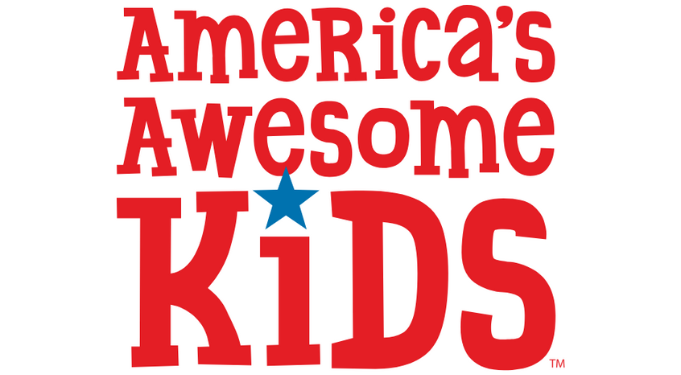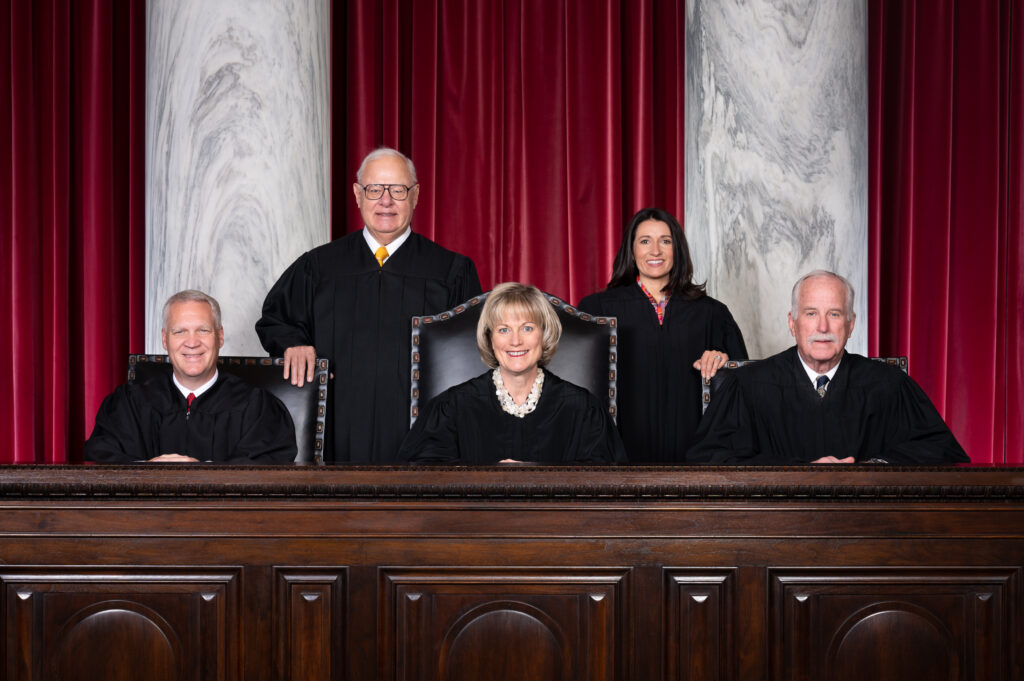The City of Huntington and Cabell County have asked the West Virginia Supreme Court of Appeals to define what constitutes a public nuisance under state law.
Depending on what the court decides, it could allow the localities to appeal a case they lost two years ago.
The defendants – Amerisource, Cardinal Health and McKesson – have filed a brief that argues that the high court should uphold the previous narrow interpretation by the circuit court of what is considered a public nuisance.
“If this court chooses to answer the certified question, it should confirm that West Virginia public nuisance law does not and should not apply to the distribution of lawful products like prescription opioid medications,” the brief said.
The plaintiffs said that the court has never applied public nuisance law to the distribution of products. They said that the localities failed to provide any state example in which a public nuisance had been applied to the distribution of products.
The brief goes on to outline that localities have exaggerated and distorted the companies’ role in the epidemic. While the companies acknowledge there is an opioid epidemic, they say in the brief that they didn’t cause it.
“(Distributors’) conduct in shipping prescription opioids, needed to fill legitimate prescriptions written by West Virginia doctors, was not wrongful and did not cause the opioid epidemic,” the brief said.
The defendants also took issue with the plaintiffs suing for a large sum of money as a form of abatement.
“Even where parties have been ordered to clean up environmental nuisances, the remedy never included paying for the treatment of downstream personal injuries or social programs with remote connections to the defendant’s conduct,” the brief said.
The State of West Virginia’s case, also based on the idea that opioids created a public nuisance, yielded a billion-dollar settlement. However, it was settled outside of court.
If the court rules that the distribution of opioids constitutes a public nuisance, then Huntington and Cabell can request an appeal.
The localities will still have to prove in an appeals case that the distributors caused harm, that the distributors’ conduct was unreasonable, and that they have requested proper abatement to remedy the damage.
The court is expected to decide by the end of this year.























